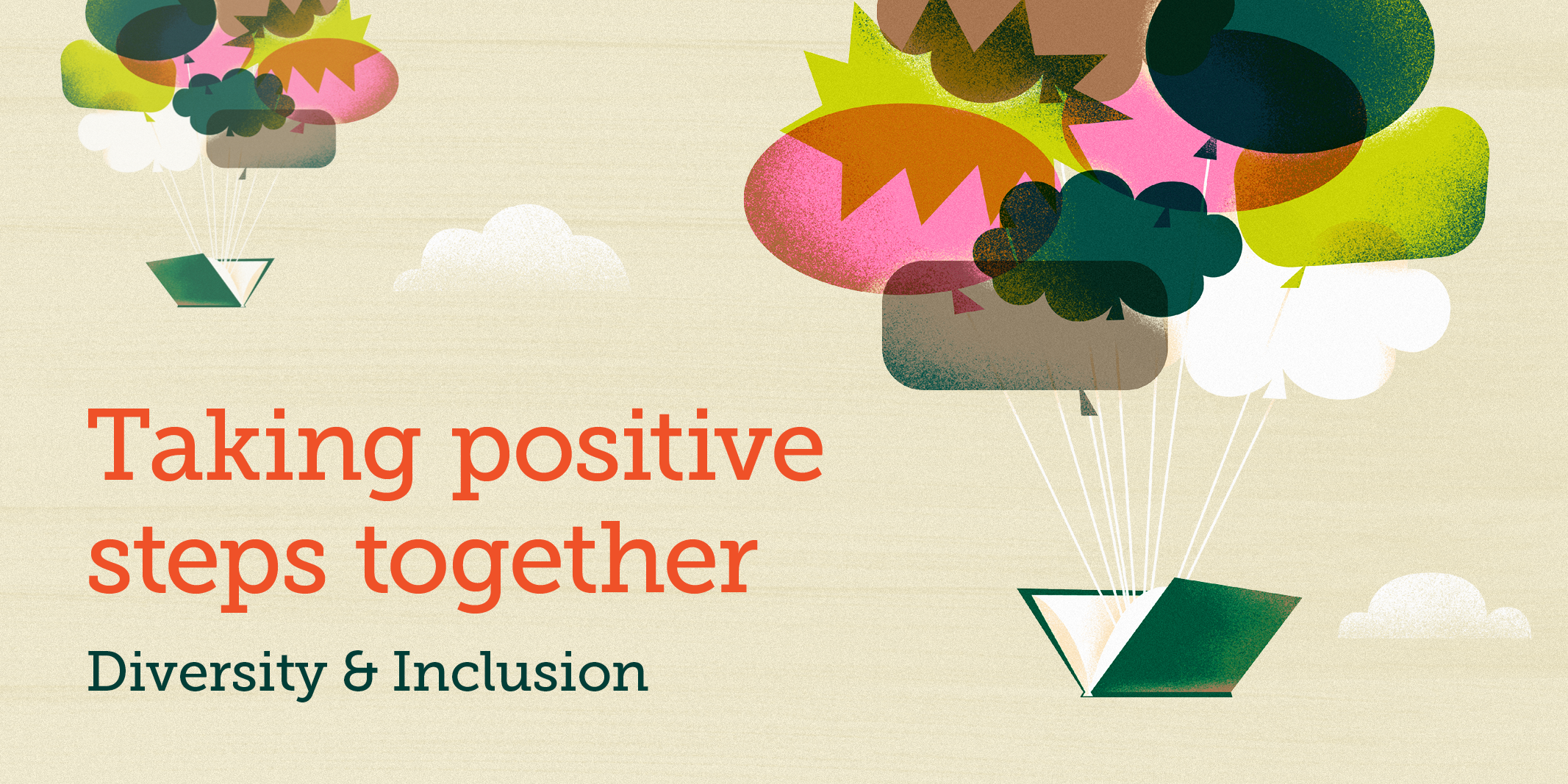Beth Cox has been making books incidentally inclusive since 2005. She works with publishers to help them understand the basic principles of inclusion so that they can embed inclusion in everything they publish. She’s also a co-founder of Inclusive Minds, a collective of people championing authentic inclusion in the children’s book world. Inclusive Minds has a network of nearly 100 Inclusion Ambassadors: young people with lived experience of various facets of diversity, who can be connected with publishers, authors and illustrators to help them build authentic characters and stories.
Everyone plays an essential role in building an inclusive, welcoming and accepting society, whether you are working in a very diverse school, or a very homogenous one. Inclusion shows children that there are a multitude of ways to be human, that it is safe to be themselves and that they don’t have to change themselves to ‘fit in’ to a certain box. Knowing that you are enough, just as you are, is vital for self-worth, self-esteem and positive mental health.
Often when we hear the word ‘diversity’ the automatic assumption is ethnic diversity, and with ‘inclusion’, it’s disability. But there are many more facets of diversity: family set-up, gender and gender identity, sexual orientation, body size and shape, and socio-economic experience, to name a few.
As a teacher, you’ve probably been doing work towards inclusion for years, but you still might find the prospect of including all these elements daunting or overwhelming, or fear that you might say something wrong, or that you don’t understand enough to fully support or explain complex ideas to children.
The good news is that inclusion isn’t always about the big changes or teaching about diversity. Often, it’s about the little things: the books you read and the language you use – these are the things that change the way people think. Everyone has a role to play in this: from schools, teachers and parents to publishers, authors, illustrators and libraries who are creating and providing resources, as well as the wider community.
Some practical (and simple) steps you could take to become more inclusive are:
- Use ‘children’, ‘pupils’ or ‘students’ rather than ‘boys and girls’, and ‘parents’, ‘carers’, or even better, ‘grown-ups’ rather than ‘mums and dads’.
- Try not to make presumptions about who might live in a child’s home, what roles they do or what the home set-up might be like.
- Always ask yourself ‘What if a child doesn’t …?’ before making a generalised statement.
- Share great books that just happen to show non-nuclear family set-ups without comment. Include books that feature those who are often marginalised as the lead, but without focusing on their struggle or overcoming challenges.
- Ensure the books and teaching resources in your library and classroom are naturally inclusive.
- Review the core books and resources you currently use to see if they inadvertently perpetuate prejudice or show limited ways of being human.
I’m delighted to be working with OUP to support their work to understand and embed inclusion throughout their publications. Whilst OUP, along with many other publishers, are looking back at what they have published in the past and seeing where changes need to be made, they are also committed to looking forwards; ensuring they have the knowledge they need to create truly inclusive books and resources.
Inclusion can show us a multitude of possibilities, and the power of incidental inclusion embedded in books and resources (books that show a range of different ‘normals’) shouldn’t be underestimated. When resources, text-books, novels and storybooks feature children who just happen to be, for example, Black, or East Asian, or who have two mums or two dads, it shows children that this is one of many ways of being, rather than an ‘other’ way of being. A small, but important distinction.
Inclusion is most powerful when children see it all around them, not when they are just taught about it. And in schools with limited visible diversity, resources that reflect the diversity of the wider world are even more important, not less so.

